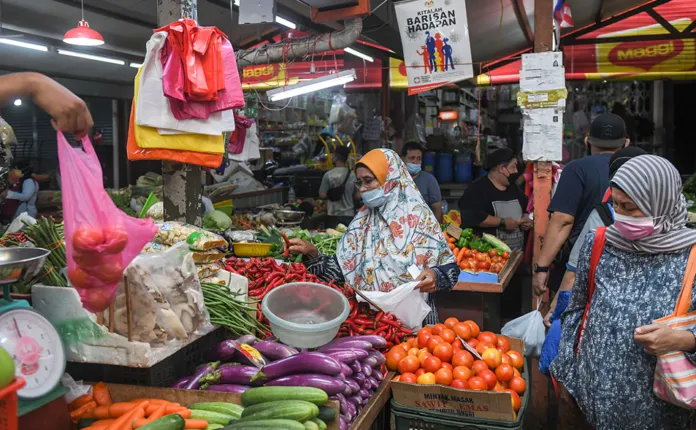As escalates food insecurity in Pakistan 2024, United Nations-affiliated organizations—including the World Food Programme (WFP), the International Fund for Agricultural Development (IFAD), and the Food and Agriculture Organization (FAO)—are collaborating with the Government of Pakistan to enhance food security and nutrition for underserved communities. Their collaborative efforts aim to fortify food systems and boost resilience, particularly for the most vulnerable populations.
“In rural Pakistan, food insecurity and climate change are pressing challenges threatening communities’ well-being,” stated representatives from WFP, IFAD, and FAO during a recent interview with APP. These organizations are dedicated to strengthening local food systems to combat the impacts of climate change and provide nutritious food to those in need.
WFP Country Representative Coco Ushiyama emphasized the significance of social protection systems such as the Benazir Nashonuma Programme, which is specifically designed to combat child stunting through integrated nutrition services and health education.
Furthermore, WFP is actively involved in school meal programs, including a new initiative in Balochistan that sources nutritious meals from local produce. Ushiyama noted that WFP’s global experience indicates that such initiatives significantly improve school attendance and academic performance.
In addition to these programs, WFP is also focusing on fortifying staple foods in collaboration with 150 local wheat mills and promoting kitchen gardening to enable families to cultivate their own nutritious produce. Through these comprehensive efforts, WFP aspires to ensure that all Pakistanis can access healthy, safe, and nutritious diets, a critical step in alleviating food insecurity in Pakistan.
Also Read: Pakistan Growing Food Insecurity: World Bank Report
IFAD Country Representative Fernanda Thomas highlighted the ongoing challenges faced by smallholder farmers, stressing that IFAD is instrumental in helping them adopt climate-resilient practices to ensure food production aligns with local needs.
Despite advancements in global food production, millions still suffer from hunger due to climate shocks, she warned. IFAD’s commitment to nutrition, gender equality, and sustainable agriculture is pivotal in transforming Pakistan’s rural economy and enhancing climate resilience.
Meanwhile, FAO Country Representative Florence Rolle pointed out that FAO is working diligently to make healthy food accessible to the impoverished by increasing food supply. She revealed that 20% of Pakistan’s population is underweight, with 15% facing severe food insecurity.
To address these issues, FAO promotes sustainable agricultural practices that not only boost productivity but also improve dietary quality. Additionally, FAO is dedicated to empowering women farmers by enhancing their access to resources and decision-making roles, thereby playing a vital role in securing food systems for the future.
Together, these organizations are striving to combat food insecurity in Pakistan 2024 and ensure that all communities have access to nutritious food and the necessary tools to thrive in a changing climate. Their efforts are crucial in laying the groundwork for a more resilient and food-secure future for the nation.
National Campaign to Reduce Food Waste
The Senate Committee on Food Security and Research has directed the launch of a national campaign to reduce food waste across Pakistan. The proposed Pakistan Animal Science Council Bill 2023 aims to establish an apex body overseeing livestock, dairy, and poultry sectors. Senator Rana Mahmoodul Hassan emphasized the bill’s role in ensuring healthy, organic food availability.
Discussions on climate-smart agriculture raised concerns over inadequate information from the Pakistan Agriculture Research Council (PARC). Chairman Dr. Ghulam Muhammad Ali highlighted that Pakistan needs 70 million tons of food annually, projected to rise to 130 million by 2050, while 19.6 million tons are lost yearly.


